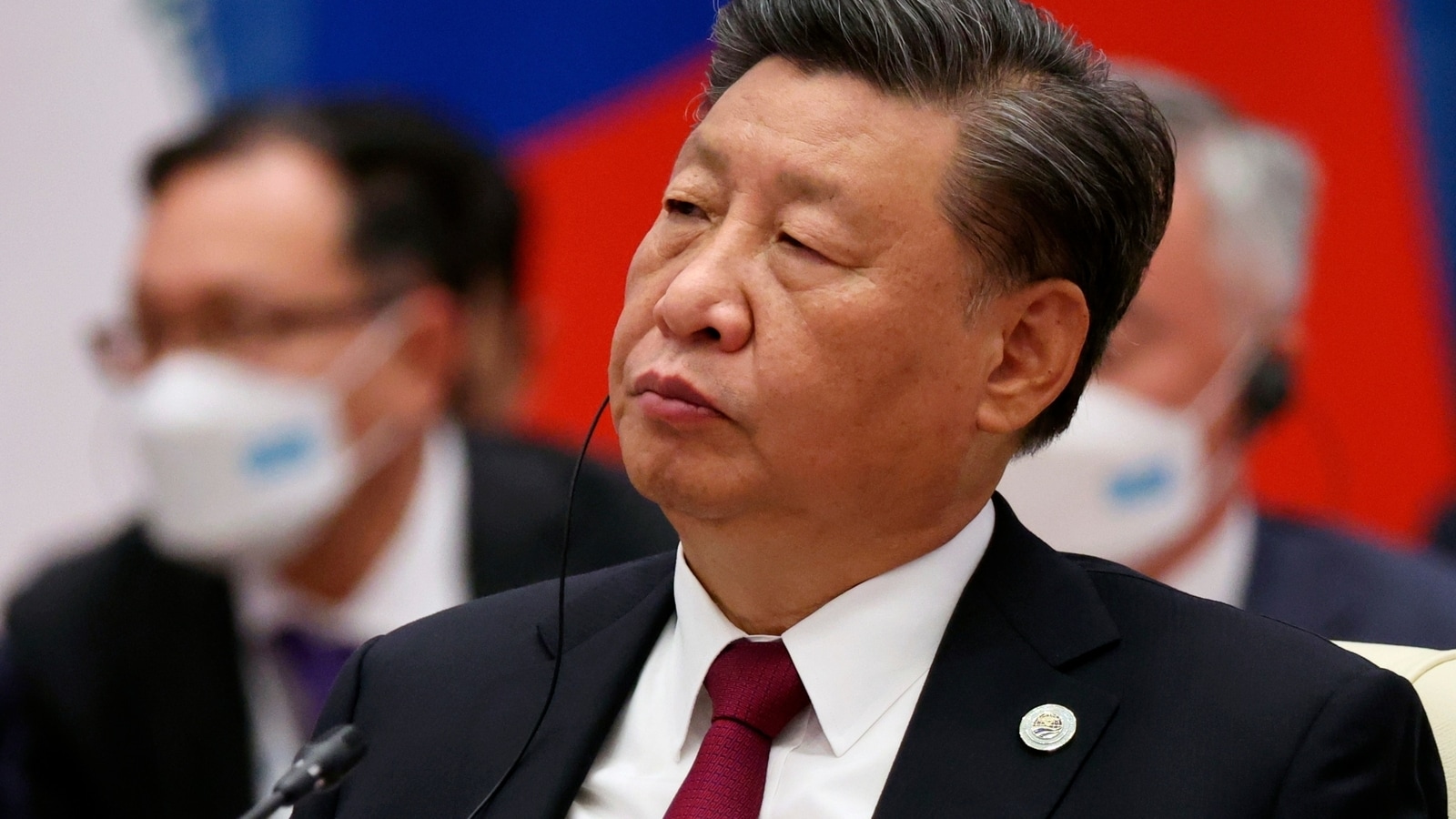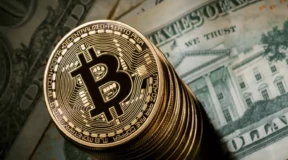Economic Crises
OpenLife Nigeria has reliably gathered that Japan’s Nippon Steel will withdraw from a joint venture with Baoshan Iron & Steel, following a decades-long relationship that was a symbol of China’s progress in modernizing its steel industry.
As a result, Nippon Steel’s steel production capacity in China will be reduced by 70%.
Japanese automakers, Nippon Steel’s main customers, are struggling in China due to the rise of local electric vehicle makers. Nippon Steel has concluded that it would be difficult to expand its business there, and instead will concentrate its investment resources in the U.S. and India.
Baosteel-Nippon Steel Automotive Steel Sheets (BNA) was established in 2004 as a 50-50 joint venture between Nippon Steel and Baoshan Iron & Steel, a member of the China Baowu Steel Group.
Nippon Steel has decided to terminate the contract when its 20-year period expires this summer, according to people familiar with the matter. It plans to sell all of its BNA shares to Baoshan, estimated to be worth several hundred million dollars.
The companies set up their joint venture in 2003 at this signing ceremony in Shanghai. The Nippon Steel-Baosteel relationship has symbolized industrial cooperation between Japan and China.
BNA’s annual steel production capacity is 2.62 million tonnes per year, which accounts for about 70% of the steel production capacity of 3.6 million tonnes that the Nippon Steel group has in China.
BNA has been plating high-quality steel imported from Japan and supplying it to the Chinese plants of Japanese automakers. Both parties benefited: Nippon Steel expanded its Chinese business by capturing the growing demand for automotive steel sheets, and Baoshan acquired steel sheet technology that was not available in China when BNA was first established.
However, the shift to EVs in China has been rapidly increasing the market share of local carmakers. From January through June, the three major Japanese automakers — Toyota Motor, Nissan Motor and Honda Motor — sold 1.54 million vehicles in China, down 13% from the same period last year, marking the third consecutive year of year-on-year decline.
Mitsubishi Motors decided to withdraw from China in 2023, Nissan closed its local plant and Honda offered early retirement to reduce its staff. Chinese steelmakers have also developed technologies for producing automotive steel sheets, making the competition tougher.
Amid persistent U.S.-China tensions, various industries, including automobiles and semiconductors, are being forced to reexamine their supply chains and strategies for overseas operations.
Last December, Nippon Steel announced that it would acquire the American steel giant U.S. Steel for more than $14 billion.
Nippon Steel had been considering the withdrawal from the Chinese joint venture for about two years, separately from the planned acquisition of U.S. Steel.
The severing of the venture may have an indirect positive effect on the acquisition, which is not yet final, since U.S. lawmakers have criticized Nippon Steel for its close ties to the Chinese steel industry.
Nippon Steel’s engagement with China began in 1977 when, as the centerpiece of Japan-China economic cooperation, the company participated in the construction of the Shanghai Baoshan steel plant, the first modern steel mill in China.
Even after the withdrawal from the business with Baoshan, Nippon Steel’s production capacity in China will remain at around 1 million tonnes per year, including a joint venture with Wuhan Iron & Steel, another company under China Baowu Steel Group, to manufacture tinplate used for food cans and other products.
Source: Nikkei







